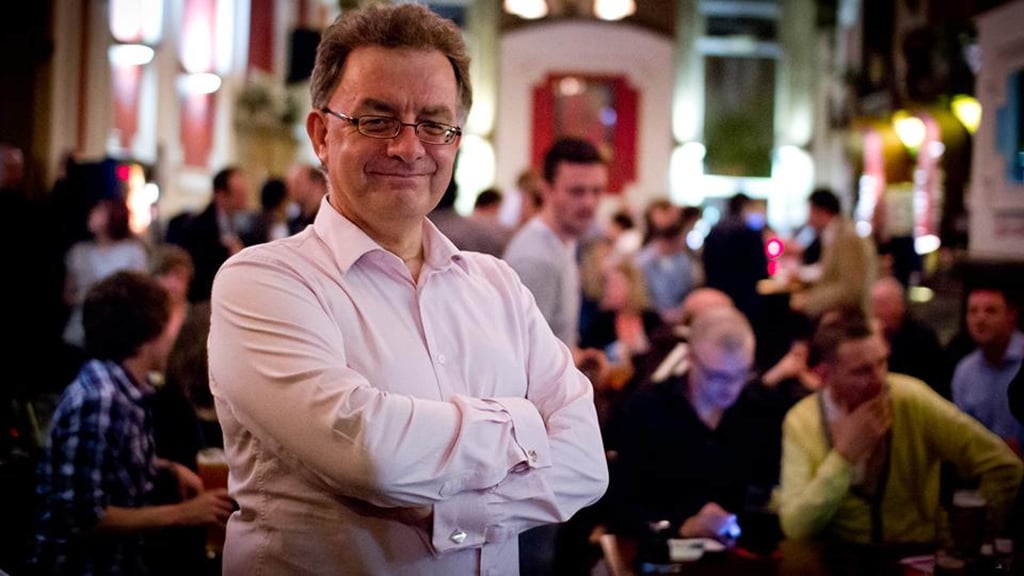Do you believe in ghosts or paranormal activity? Professor Chris French is keen to know why. His research focus is on “anomalistic psychology” – to understand why people believe in events which are not supported by scientific evidence.
Anomalistic psychology – he coined the term – differs from parapsychology.
“Parapsychologists typically focus most of their efforts on attempting to find evidence in support of paranormal phenomena; that is, phenomena such as ESP, psychokinesis, and life after death, which cannot be explained in terms of currently accepted scientific concepts,” French told the Post.
Anomalistic psychology attempts to explain reports of ostensibly paranormal experiences in terms of non-paranormal, typically psychological, factors, he says.

These factors include hallucinations, the unreliability of eyewitness testimony – when people think they remember seeing things they have not – and a host of mental biases which lead people to explain an otherwise worldly event in supernatural terms.
French, a professor emeritus at Goldsmiths College at the University of London in the UK, explores examples of “supernatural activity” in his research, and in his book The Science of Weird S**t: Why Our Minds Conjure the Paranormal.
